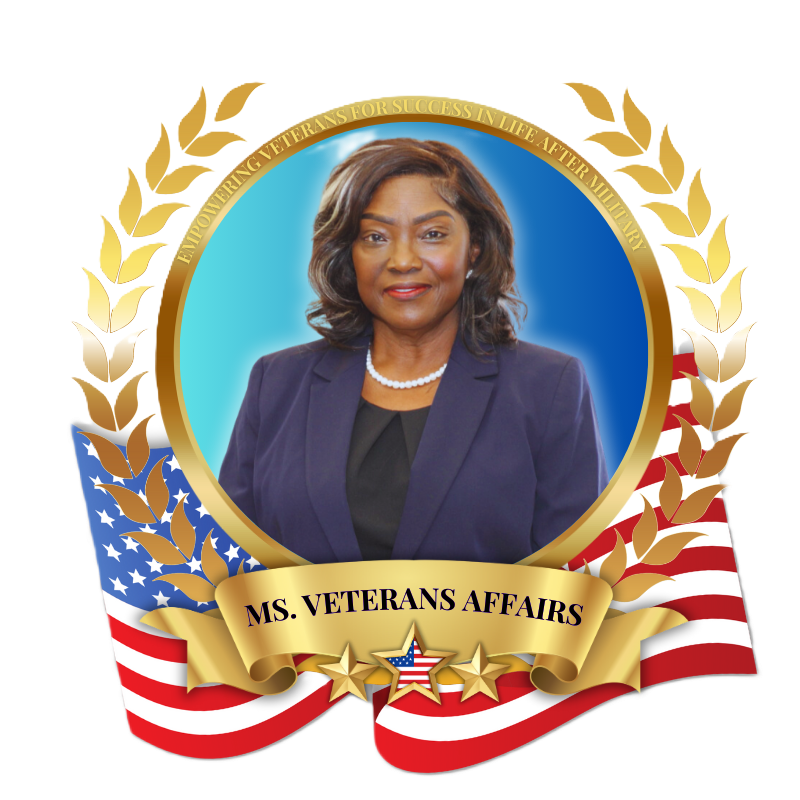Family Communication Tips for Military Transitions
🎖️ Summary Notes
When a broken-down car becomes the unlikely setting for a moment of clarity, a military spouse confronts the emotional weight of transition. In a powerful, unexpected encounter, Ms. Veteran Affairs offers more than a helping hand—she delivers a blueprint for navigating change through courageous communication. This story illuminates the quiet burden many military families bear and the healing power of early, honest conversations.
☞☞ Click here to read the full blog post!!
🏅 Key Themes
-
Unspoken Weight of Transition – The emotional labor of military spouses is often invisible but deeply felt.
-
Communication as Survival – Family conversations aren’t just helpful—they are vital during uncertain times.
-
Children’s Role in Change – Empowering kids with understanding and involvement eases their adjustment.
-
Patience as a Lifeline – The journey out of military life isn’t linear; it demands compassion and grace.
-
Unexpected Moments of Connection – Healing often begins in the smallest, most ordinary encounters.
🏅 Discussion Questions
-
How did the initial encounter in the parking lot highlight the importance of understanding the unique struggles military spouses face?
-
In what ways can starting the conversation early about transition help both children and spouses feel more prepared and less anxious?
-
What strategies have you found helpful in maintaining open communication with your family during times of change or uncertainty?
-
Why is it important to involve children in the decision-making process during a family transition?
-
How can military spouses practice patience with themselves and their families during the transition process?
🏅 Action Steps for Veterans & Families
🗣 Start the Talk Early – Make transition a family conversation, not just an adult decision.
🧒 Give Kids a Voice – Let them weigh in on choices when possible—it builds trust and reduces fear.
🫶 Be Emotionally Transparent – Share your struggles with your spouse and children in age-appropriate ways.
🔁 Create Routines of Communication – Schedule regular check-ins to ask how everyone’s really doing.
🕰 Don’t Rush It – Remind yourself and your partner that adaptation takes time, and that’s okay.
🧘♀️ Give Yourself Grace – You can’t pour from an empty cup—self-care is not selfish.
🏅 Reflection
This piece reminds us that transition doesn’t start with a checklist—it starts with a conversation. As Ms. Veteran Affairs shows, navigating post-military life as a family isn’t just about planning; it’s about showing up for each other with honesty, empathy, and patience. The moment we stop trying to carry it all alone and start sharing the emotional load—that’s when healing begins.
☞ To fully experience the story behind these insights, read the complete blog post: Ms. Veteran Affairs Shares Tips for Family Communication During Transition.

